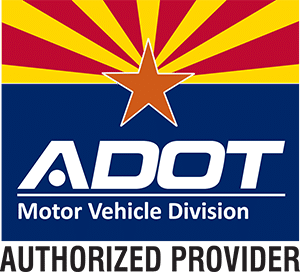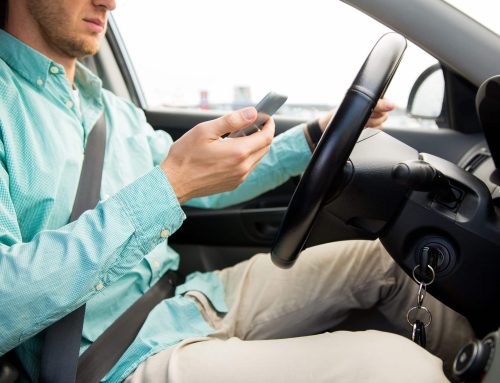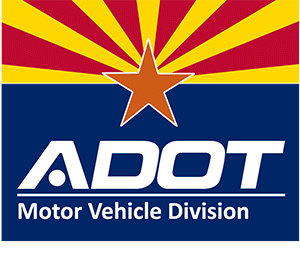Sleepy Behind the Wheel? Four Ways to Stay Awake While Driving
Falling asleep at the wheel isn’t the only danger of drowsy driving. In fact, the dangers start long before you start nodding off. Even moderate sleepiness can impact your ability to drive and cause a serious accident.
Drowsy driving is so dangerous that two states, New Jersey and Arkansas, have made it completely illegal. In other states, driving while tired could lead to a reckless driving charge. No matter where you are, you don’t want to risk putting anyone’s safety at risk, so make sure you know the facts about drowsy driving and how you can stay alert while driving.
Drowsy Driving: What You Need to Know
THE DANGERS
Reaction time: A lack of sleep decreases the speed at which you react to what’s happening on the road.
Judgment: Drowsy driving impairs your judgment. For example, you might misjudge how much space is between you and the car in front of you.
Risky behavior: Without enough sleep, you’re more likely to behave dangerously, like going too fast around a bend.
THE STATISTICS
- According to various studies, being awake for at least 24 hours is equal to a blood alcohol content of 0.10% (which is over the legal limit of 0.08%)
- The NHTSA estimates that in 2017, crashes involving drowsy drivers caused 50,000 injuries and almost 800 fatalities
- Researchers at the American Academy of Sleep Medicine estimate that 21% of fatal crashes involve drowsy drivers
- 4% of adults say they’ve fallen asleep at least once while driving in the past 30 days
THE WARNING SIGNS
Next time you’re out on the road, watch out for these signs of drowsy driving.
- Frequent yawning or blinking
- Difficulty keeping your eyes open
- Trouble recalling the last few miles driven
- Missing signs, turns, or exits
- Drifting out of your lane
Top Tips for Staying Alert
Getting a full seven to eight hours of sleep is the key to preventing drowsy driving, but there are additional steps you can take to ensure you stay alert.
#1 Don’t drive during peak drowsy times.
Most drowsiness-related accidents occur between 12 a.m. and 6 a.m. and in the late afternoon, which is when our natural circadian rhythm causes us to feel sleepy. If possible, avoid driving during these times.
#2 Eat a healthy meal.
An empty stomach or heavy foods full of sugar and processed carbs can make you feel tired faster. Make sure you’ve had a healthy meal before you hit the road, and bring some nutritious snacks along with you.
#3 Try these quick fixes.
Drinking a cup of coffee, getting cold air in the car, and even chewing a piece of gum are all quick ways to improve your alertness. However, these are short-term solutions and shouldn’t be considered a substitute for a good night’s sleep.
#4 Take breaks. Take it slow.
Getting to your destination safely is more important than arriving quickly. If you’re feeling tired, the best thing you can do is pull off the road and take a break. Don’t be afraid to take a quick nap, either. Even just 20 minutes can do wonders for your energy levels.
Want more tips on how to drive safe? Our driving courses teach you everything you need to know. Reach out today to learn more.








